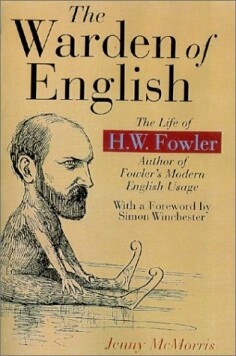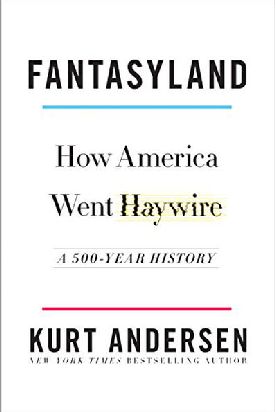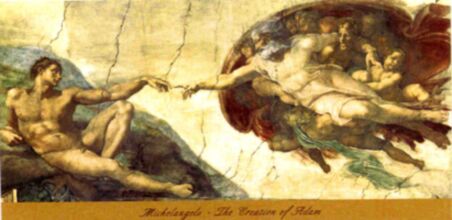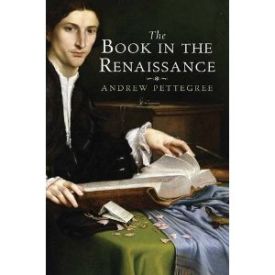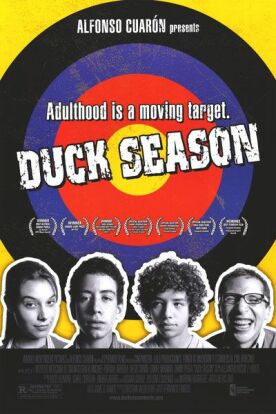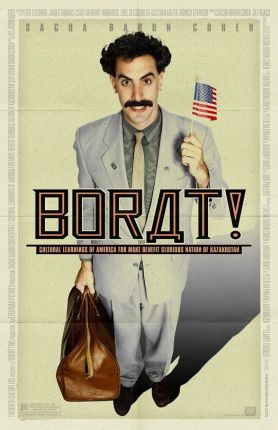The Warden of English
From The Washington TimesFrom The Washington Times
THE WARDEN OF ENGLISH
THE LIFE OF H.W. FOWLER
by Jenny McMorris
Oxford University Press, 242 pp., $27.50
0 19 866254 8
It is one of the paradoxes of autobiography that, while men of action are
often inarticulate, those best equipped by aptitude and education to write about
their lives are likely to have spent most of them reading, and so to have little
to tell. Of course there are glorious exceptions, from Benvenuto Cellini to
Winston Churchill, but the rule generally applies, and it is also not without
its larger significance for the biographical arts generally. H.W. Fowler, for
instance, everyone’s favorite authority on English usage for most of the
century since he published (along with his younger brother, Frank) The
King’s English, is an estimable scholar and a paragon of good taste
but a poor subject for a biography.
Or at least Jenny McMorris’s biography can find too little of any real
interest to tell us about a man who spent his life as, first, a schoolmaster
(until he became “skeptical about the good of ramming logic into the heads
of small boys”) and later as an independent scholar and author of books
which appealed so powerfully to the class anxieties of his English and American
readers that he became a best-seller. Fowler’s greatest work, Modern
English Usage was designed — like the advertisements that you still
occasionally see in serious newspapers that appeal to the upwardly mobile and
ask: “Shamed by your grammar?”— to tell the burgeoning but
imperfectly educated lower-middle classes how to talk (and write) proper and so
to be accepted into a social élite that still defined itself partly by
its classical education.
Interestingly, Fowler himself — at least on Ms McMorris’s showing
— has nothing to say about this aspect of his work. At one point she notes
that he took some of the criticism of his better known guide, Modern English
Usage (1926), especially of its advice on pronunciation, as a reason to have
“feared” that the book was being used, or was expected to be used,
“as an awful warning of the possibilities of degradation.” But he
had nothing further to say on this subject, preferring “to lie low &
say nuffin.” In any case, you are nowadays more likely to ingratiate
yourself with the social and cultural élites by uneducated, even
illiterate English, as John McWhorter pointed out last year in Losing the
Race: Self-Sabotage in Black America. Fowler now appears a shadowy figure
from the past, celebrated in his time like Lord Kitchener or Bishop Colenso, but
unlikely to be of much interest to people today even if there were much more and
much more interesting things to tell about him than Jenny McMorris has been able
to find.
Let me hasten to add that I don’t entirely blame Ms. McMorris, who is
the archivist for the Oxford English Dictionaries. She is writing at such a
distance from her subject in time (he died in 1933) that there seems to have
been no one left alive who knew him and who might have been interviewed for a
first-hand impression. As a result she is driven back upon letters and diaries
that are, for the most part, reticent on any subject but Fowler’s work
habits, in which the reader’s interest may be supposed to have its natural
limits. She is very frank about the lacunae in her biography. “Henry
welcomed the change to searching for words to bring the Concise [Oxford
Dictionary] up to date and was pleased to find a recently arrived neighbour
(whose name, unfortunately, remains unknown) who was ready to join in the
task,” she writes. Or: “No clue survives as to how Frank and Una
[his wife] became acquainted. . .They may have been introduced by some
acquaintance.”
Or, then again, they may not.
Given that we don’t know a lot about him, Fowler is a fairly likeable
old buffer. In the days before exercise became a middle class fetish, he used to
have a run and a swim (outdoors, in all weathers) every day, and otherwise
worked steadily at his several commissions from the Oxford University Press:
especially The King’s English, the Concise Oxford English
Dictionary, the Pocket Oxford English Dictionary, and Modern
English Usage. His labors were interrupted by the First World War, during
which, although he was over fifty, he managed to join the British Army by lying
about his age. So did his brother, Frank, and the rigors of service in France
told on both brothers, probably contributing to the early death of Frank. Henry
married, happily, late in life, and almost the only relics of his inner life
available to Ms McMorris are the poems he wrote on special occasions (Christmas,
anniversaries) to his wife, Jessie, a nurse. They are not very good, even as
light verse, on the whole, though they are often charming for their simple
expression of genuine feeling:
My wife and I we disagree
On every mortal matter;
The Sprats, ‘tis said, were odd; but we
Are infinitely spratter. . . .
Words are my study, life is hers;
We go to different teachers;
I learn from books, while she prefers
To learn from living creatures.
Yet (though you’d say words had their use
In speech, as legs in walking)
A sentence rarely I produce,
And she does all the talking.
A crowning discord only can
Solve discords so inhuman;
She says the world to her’s one man,
To me it is one woman.
The story of his financial dealings with the Press is also a charming one. As
he and Frank (and, later, he and Jessie) lived so frugally, he never asked for
much money for his long hours of work. When the books were unexpectedly
successful, he became positively embarrassed by the Christmas bonuses that came
from Oxford every year, accepting them grudgingly and returning from time to
time a half-serious protest at the Press’s apparent determination
“to make a millionaire of me.”
But Ms McMorris’s book is oddly lacking in social context. Certainly,
from the vantage of three quarters of a century on from the publication of
Modern English Usage, one would think that some questions would arise
about how the world has changed since then, and what it is we have to understand
about the early decades of the last century in order to understand the eminence
of H.W. Fowler — unlike anything before or since — in the public
imagination. Yet it could be said that he was something of a revolutionary, in
the English context at least. For he, like Emily Post and the other advisers on
“etiquette” who arose around the same time, promised a new world to
the upwardly mobile. Those who had come to think of themselves as languishing in
a limbo of social disregard as a result of their education or
“breeding” were shown that there was a way out, and that
destiny had not necessarily condemned them to an inferior station in life. Who
knows what Russia’s 20th century might have been like if there
had been an H.W. Fowler to promise its (admittedly fewer) self-improvers a
similar secular salvation?
Discover more from James Bowman
Subscribe to get the latest posts to your email.

